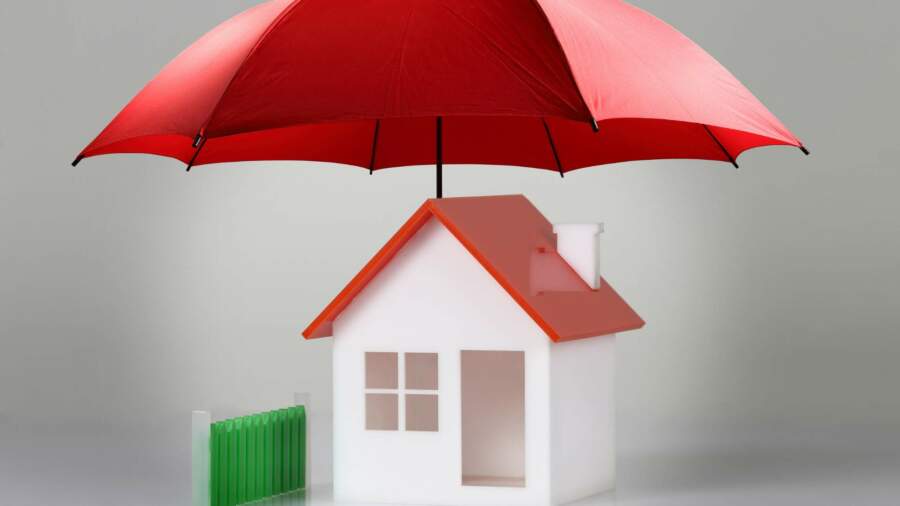
Insurance is essentially a way of protection against financial loss, especially if something happens to you or your vehicle. It’s a form of risk management, mainly used to minimize the likelihood of a probable or uncertain loss. In order to be able to properly evaluate your insurance needs and the cost of insuring your property, you need to have some understanding of the different types of insurance policies available to you.
First of all, insurance for your vehicle is essential in protecting your car from damage or loss during an accident. Most states require that every car is insured for a certain minimum amount of money in case of any damage to your vehicle. For example, Michigan’s minimum insurance requirement is twenty thousand dollars for bodily injury protection on a policy that doesn’t cover liability. If a person’s car is totaled, this minimum amount of money can’t be recovered in a lawsuit. Therefore, car insurance can be very important in protecting your assets.
Insurance for your vehicle and other property protection is also very important. One of the most common ways that insurance protects your assets is through the “adequate “proper” use of your vehicle. For example, if you park your vehicle on a hard shoulder, you’ll be required to leave an amount of space between the ground and the wheels to allow for easy access to your vehicle. If your car is damaged, however, it could be impossible to reach your vehicle, and the insurance company will pay for the cost of having the car moved to a more accessible spot.
Property insurance, in addition to covering your automobile, is required by many states as well. This type of insurance protects your home against damage caused by vandalism, theft, or natural disasters. In order to determine which type of property coverage is best for you, however, it is necessary to understand the deductibles that you will need to pay in order to be fully covered.
In order to determine the cost of your property insurance, it’s necessary to consider the value of your home. Home insurance companies often set a limit on the total value of your home in order to determine how much you’re required to pay in premiums. Additionally, they will base their cost on the structure and location of your home. For instance, if your home is built on stilts and requires extensive maintenance, it will cost you much more to insure than a home that is designed on concrete and can’t be easily damaged by storms or vandalism. Therefore, the cost of your insurance may also be affected by the location of your home.
If your home has features that are very valuable, such as fountains or porches, it will cost more to insure than homes that don’t have these features, so you will need to consider the cost of insurance in conjunction with the overall value of your home. If you own a home that requires a significant amount of maintenance, it is imperative that you understand the cost of your insurance in relation to the amount of time and money you are willing to spend on maintaining your home. Some of the biggest expenses associated with maintaining your home include maintaining your home and yard in order to maintain its value.
Finally, you should also determine the cost of insuring your home against the elements and theft. Many states require homeowners to purchase insurance for protection against wind and hail. These laws vary widely in terms of the amount of coverage that you can buy. It’s important, however, that you check with your state’s Department of Insurance in order to determine what types of insurance are required, and what coverage options are available in your area.
Insurance for your car is another option to consider when you are comparing costs and types of car insurance. Car insurance for your vehicle can help to protect you from major losses, including fire and theft. Even small losses can create huge financial losses and financial burdens, so it’s important that you know exactly how much you can afford to cover your car in the event of an accident or other damage. Car insurance is typically cheaper than home insurance, but the cost of your car is determined by many factors that can increase or decrease its price, so it’s essential that you know your specific needs before you begin shopping.


